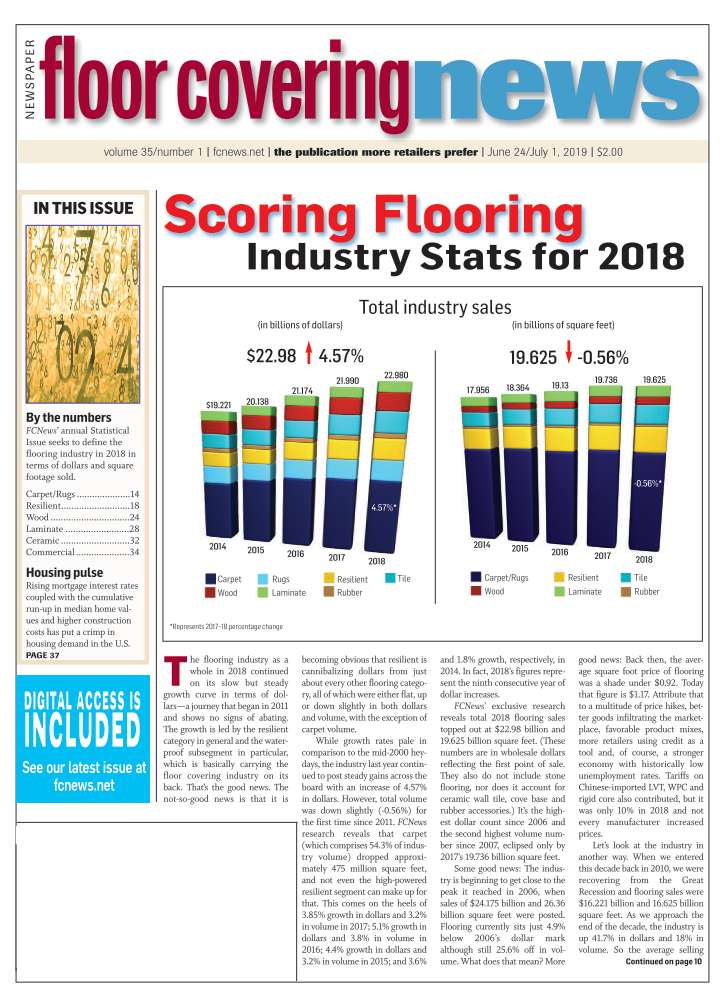June 24/July 1, 2019: Volume 35, Issue 1
By Roman Basi
 You’ve invested your life, money, time and effort into your business. Countless hours have been spent operating, maintaining and adjusting the business to stay competitive and profitable.
You’ve invested your life, money, time and effort into your business. Countless hours have been spent operating, maintaining and adjusting the business to stay competitive and profitable.
All this begs the question: How much is my business actually worth? Plenty of owners could arbitrarily claim a value based on their income and assets, but how many have sat down and had an independent business valuation?
Knowing the value of your business is necessary for a number of reasons. Whether buying or selling your business (M&A), succession planning, estate planning or looking into employee stock options, business loans or divorce, a valuation is critical to proper planning, execution and structure of the transaction.
A business valuation is more than just a number arrived at through various methods used to calculate value. In many cases, the value number is of secondary importance to the actual methodology used in the calculation. Consider this scenario: Two shareholders enter into a buy/sell agreement and a shareholder looks to exit the business or passes away unexpectedly. What value of the business is the shareholder or the shareholder’s estate owed? Moreover, how do we calculate a number that is ever changing as business values increase or decrease on a weekly, monthly and yearly basis? The answer is the valuation methodology proposed and agreed upon by the shareholders in the executed buy/sell agreement, which will provide a valuation methodology that will be calculated at the time of the shareholder’s exit, thus avoiding a battle of various methodologies leading to different values more beneficial to one party over the other.
How do we know what methodology determines the true value? (The IRS describes this as “the fair market price at which the property would change hands between a willing buyer and a willing seller, when the former is not under any compulsion to buy and the latter is not under any compulsion to sell, with both parties having reasonable knowledge of the relevant facts.”)
To properly obtain a valuation, the business will need to employ an unbiased, qualified appraiser with experience and training in both the area of valuations and the industry in question. Moreover, the appraiser must understand and employ the various valuation methods, the discount and premium variables while weighing the result accordingly. Finally the appraiser must be able to communicate and ultimately defend the value calculation. Remember: The calculated value is only as strong as the appraiser’s ability to defend it.
From an M&A standpoint, the value put forth to potential purchasers will undoubtedly be reviewed, scrutinized and potentially challenged to reduce the buyer’s purchase price. The buyer’s due diligence team will comb through the business’s internal financials to substantiate the numbers in the seller’s most recent financial statements. The buyer’s due diligence team will then use their own valuation methodology calculation to arrive at their proscribed value. If the seller’s value cannot be substantiated, a purchase price reduction may be sought and the transaction may be jeopardized.
From a succession planning standpoint, the valuation methodology should be tailored to best meet the needs of the successor—whether the needs be tax minimization, payout terms or level of value. However, the valuation method and transfer of assets or stock must be valid under IRS rules pertaining to related party transfers.
If you have questions regarding valuations, call 618.997.3436 for a free consultation.
Roman Basi is an attorney and CPA with the firm Basi, Basi & Associates at The Center for Financial, Legal & Tax Planning. He writes frequently on issues facing business owners.

